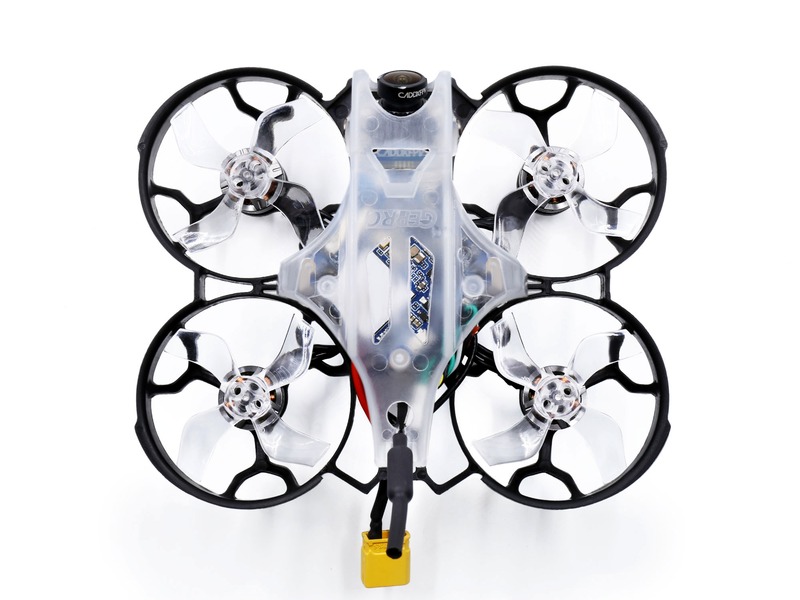How much does a decent drone cost?

A decent drone can cost anywhere from a couple of hundred dollars to thousands of dollars, depending on what you're looking for.
For basic recreational drones, you can expect to pay around $100-$200. These drones usually have limited flying abilities and are not very durable. They are great for learning how to fly a drone, but won’t be suitable for more advanced flying.
For more serious drone pilots, you should budget around $500-1000 for a decent drone. Models in this range usually have more powerful motors, longer flight times, and come with better cameras. You’ll be able to do flips, tricks, and even use first-person-view (FPV) technology to see what the drone sees in real-time. Many of these models can be used for mapping, aerial photography, and videography.
For professional or commercial uses, you’ll need to invest closer to $1000+ for a decent drone. Expect to have features like collision avoidance, object tracking, and auto-follow modes. These drones are built for more intensive aerial photography and videography and come with more powerful cameras and longer flight times.
Overall, the cost of a decent drone ultimately depends on what you’re looking for and what you’re planning to do with it. If you’re looking for basic recreational flying, expect to spend a couple of hundred dollars. If you’re looking for something more serious or professional, you can expect to spend at least $500 and potentially more.
Comments / Question
2. Look for reviews and ratings of the drones you are considering.
3. Consider whether the drone has an extended warranty or repair plan that can save you money in the long run.
4. Compare prices from different retailers, both online and in-store.
5. Check for any discounts or coupons that can reduce the cost.
6. Consider buying a used drone, as long as it is in good condition.
7. Consider the total cost of ownership, including repair costs, batteries, and other accessories.
2. Camera: Depending on what you intend to use the drone for, you should select one with a good quality camera. Cameras come in different megapixel ratings, and higher megapixels generally equate to better quality images.
3. Speed and agility: Make sure you select a drone that can fly at different speeds, as well as make sharp turns quickly. This will allow you to maneuver the drone through tight spaces or follow objects at various speeds.
4. Battery life: Select a drone with a powerful battery. Drones that have significantly shorter battery lives won’t be able to stay airborne for the length of time that you need it to.
5. Sensors: Look for drones that include obstacle avoidance sensors such as sonar, ultrasonic, and infrared. This will help the drone detect and avoid collisions with walls, trees, and other objects.

